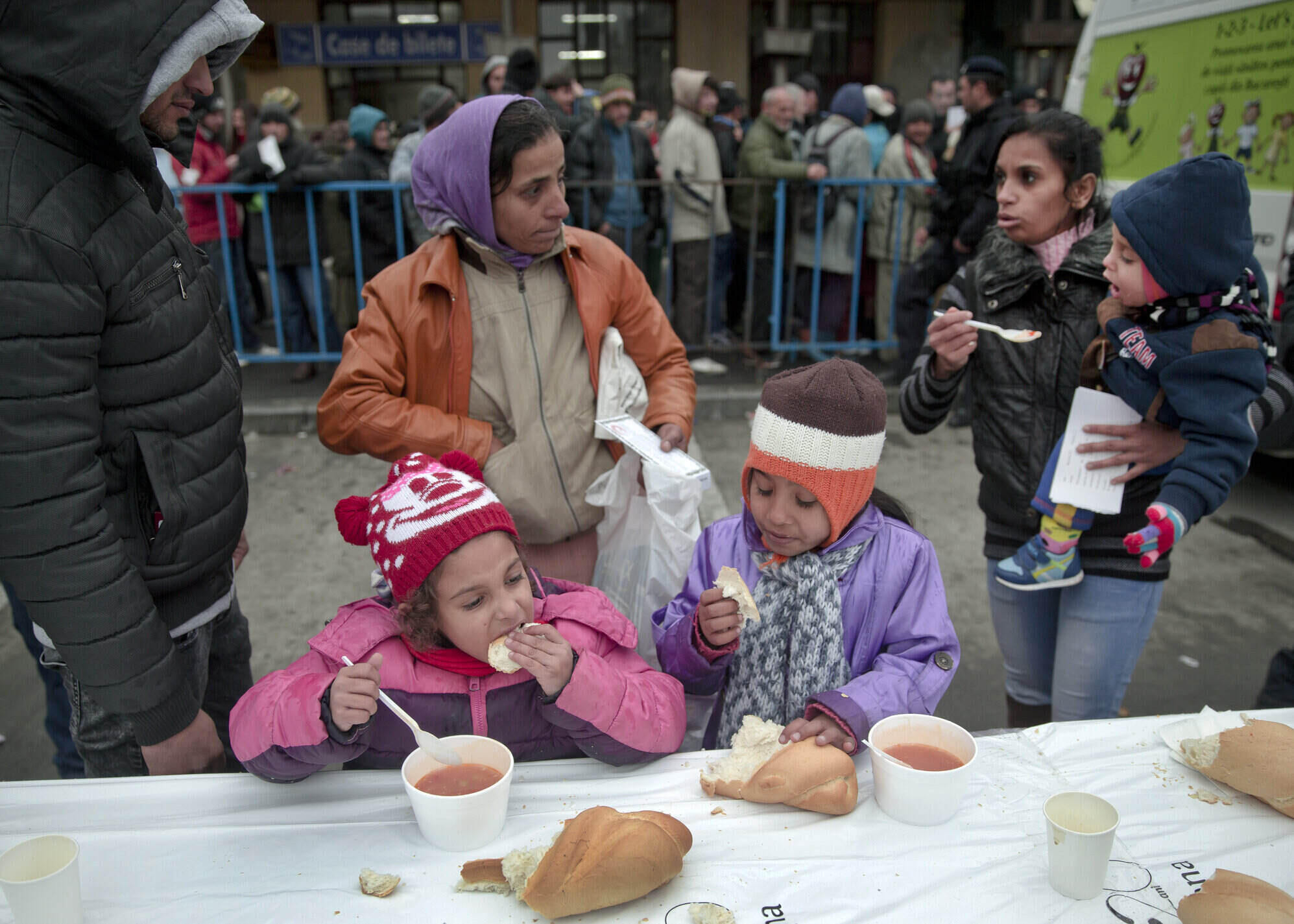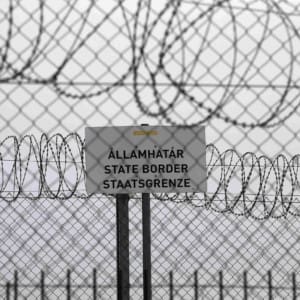In the European Union, more than a fifth of the population was endangered by poverty and social exclusion last year. Overall, 96.5 million people lived in unfavorable economic and social conditions, according to data from the European statistical office, Eurostat, which was released on Friday.
According to the data, the inhabitants of Romania and Bulgaria are the worst off, while people in the Czech Republic and Slovakia are the least at risk of poverty and social exclusion.
The proportion of the EU population at risk of poverty and exclusion rose by 0.8 percentage points year-on-year to 21.9 percent. In 2015, however, it was 24 percent.
Eurostat stated that 75.3 million people were at risk of poverty, and 27.6 million suffered from severe social and material deprivation. The risk of poverty and social exclusion depends significantly on work activity, and according to EU statistics, last year, 27.1 million people lived in households with low participation in the labor market.
Last year, more than two-thirds of the unemployed and about a fifth of pensioners were at risk of poverty or social exclusion. Among employed people, the threat reached 12 percent. The danger is slightly more common for women than for men and is also higher for young people and people with low levels of education.
In the comparison of states, 35.8 percent of Romania’s population and 33.6 percent of Bulgaria’s population were at risk of poverty and social exclusion. These were the two highest figures in the EU in 2020.
On the other side of the scale is the Czech Republic, where 11.5 percent of people faced such a risk, and Slovakia (13.8 percent).






